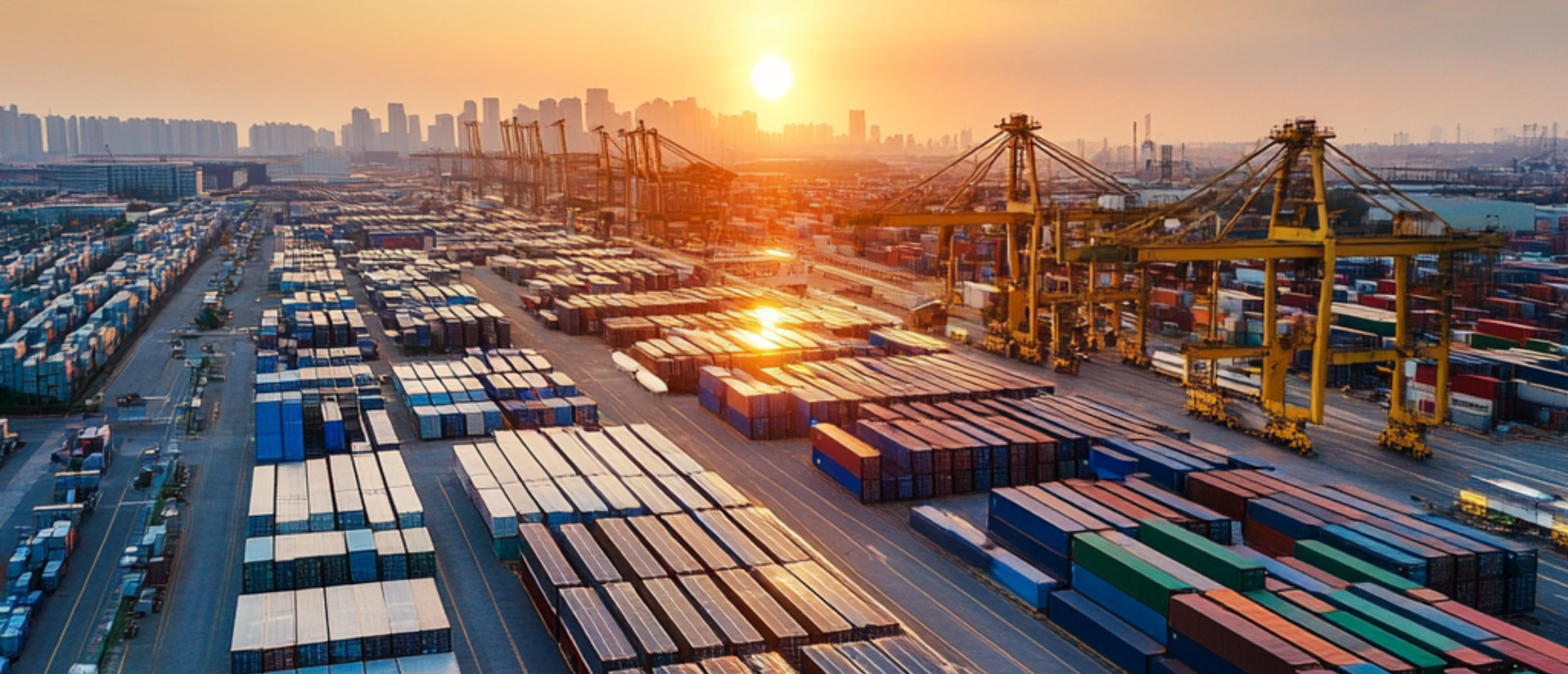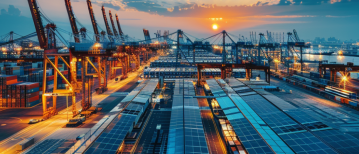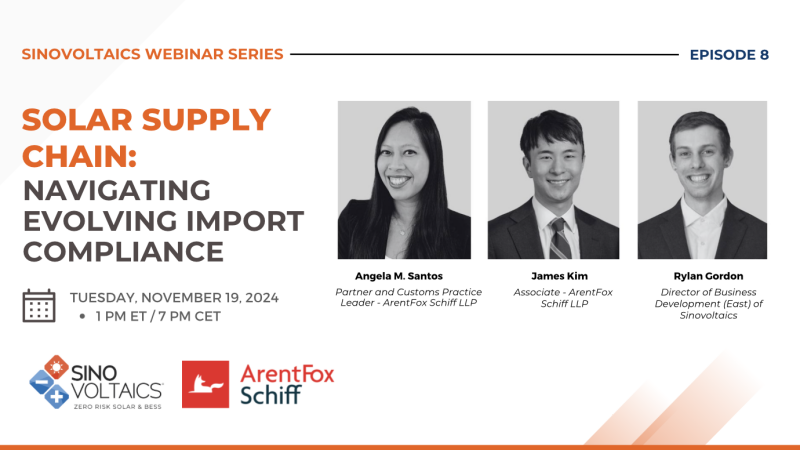
In a webinar, Sinovoltaics had with industry experts Angela M. Santos and James Kim from ArentFox Schiff LLP, along with Rylan Gordon, Technical Director USA at Sinovoltaics, provided a comprehensive overview of the evolving landscape of import compliance in the solar supply chain. The session, titled "Navigating Evolving Import Compliance in the Solar Supply Chain," offered valuable insights into the current and future trade regulations affecting the solar industry. Rewatch the recording here.
Insights on Trade Policies
Angela Santos, a Partner and Customs Practice Leader at ArentFox Schiff LLP, shared the impact of recent and upcoming trade policies on the solar industry, and highlighted several key areas:
Trump's Trade Policies
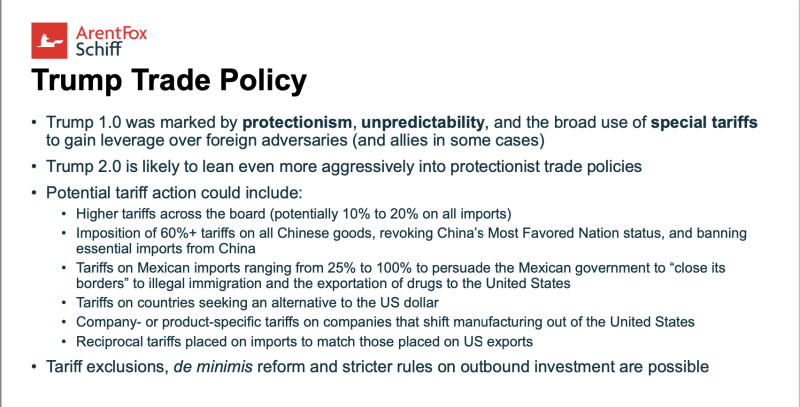 Figure 1: Trump Trade Policy
Figure 1: Trump Trade Policy
Angela delved into the protectionist trade policies from the previous Trump administration, which included the imposition of Section 301 tariffs. She noted that these policies are expected to continue and possibly intensify, with higher tariffs on Chinese goods and potential tariffs on imports from Mexico and other trading partners. This unpredictability necessitates that companies diversify their supply chains to mitigate risks. By exploring alternative sourcing options and staying informed about potential changes in trade policies, companies can better prepare for the challenges ahead.
Section 301 Tariffs
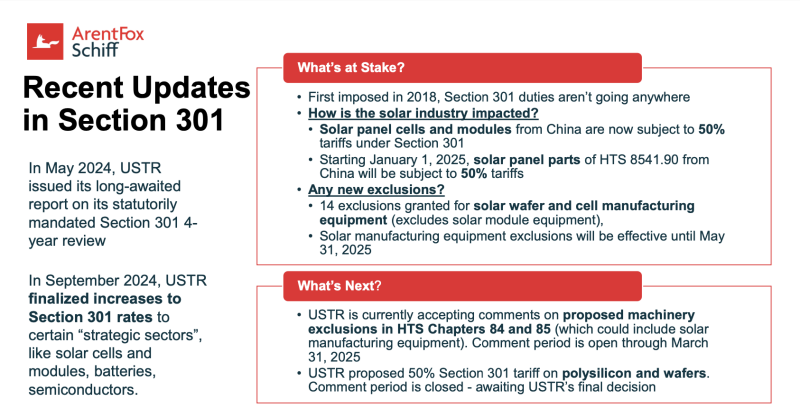 Figure 2: Section 301 Tariffs
Figure 2: Section 301 Tariffs
Implemented in 2018, these tariffs have significantly impacted the solar industry, particularly with a 50% solar import tariff on solar cells and modules from China. Angela emphasized the importance of companies preparing for these tariffs by exploring alternative sourcing options and staying informed about potential changes in trade policies. The tariffs were initially introduced as a response to unfair trade practices by China, and their continuation underlines the need for companies to remain agile and proactive in their supply chain strategies. By diversifying their sources and considering regions less affected by these tariffs, companies can reduce their vulnerability to sudden policy shifts.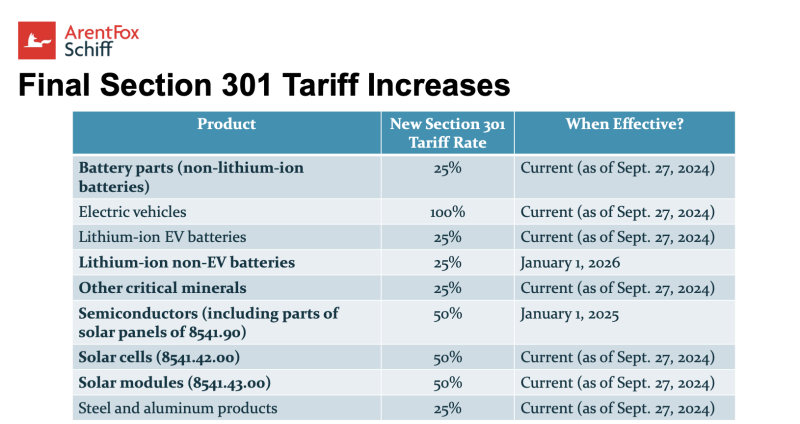 Figure 3: Final Section 301 Tariffs Increases
Figure 3: Final Section 301 Tariffs Increases
Forced Labor Compliance
Angela also addressed the critical issue of forced labor in the solar supply chain, particularly concerning polysilicon sourced from China. She advised companies to conduct thorough supply chain due diligence to avoid detentions and comply with the Uyghur Forced Labor Prevention Act (UFLPA). This involves mapping the supply chain, verifying supplier practices, and ensuring transparency in sourcing. The UFLPA, which targets goods produced with forced labor in the Xinjiang region, requires companies to demonstrate that their products are free from forced labor at every stage of the supply chain. Angela highlighted the importance of having robust documentation and verification processes in place to meet these stringent requirements and avoid potential disruptions.
Analysis of Incentives and Trade Remedies
James Kim, an Associate at ArentFox Schiff LLP, provided an in-depth analysis of the Inflation Reduction Act (IRA) and its incentives for solar and clean energy manufacturers, as well as trade remedies affecting the solar industry:
IRA Incentives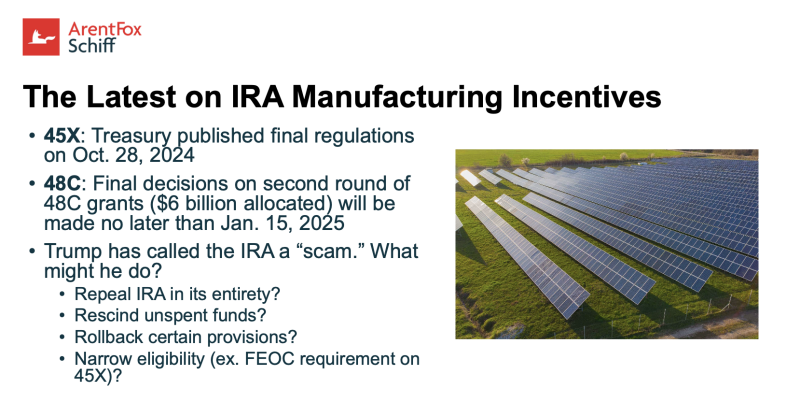 Figure 4: The Latest on IRA Manufacturing Incentives
Figure 4: The Latest on IRA Manufacturing Incentives
James explained the 45X and 48C tax credits available for clean energy manufacturers in the U.S. The 45X credit is based on the number of units produced, while the 48C credit is for new investments in manufacturing plants. He noted that these incentives are crucial for supporting domestic manufacturing and reducing reliance on imports. The finalized regulations on the 45X program clarified the requirements for eligibility, including the concept of substantial transformation.
Anti-dumping and Countervailing Duties (AD/CVD)
James discussed ongoing investigations into imports of solar modules and cells from Southeast Asian countries. He highlighted the potential impact of these investigations on the industry and the importance of staying informed about trade remedy measures. The preliminary findings from the International Trade Commission indicated injury to the domestic industry, which could lead to the imposition of duties.
Section 201 Safeguard Tariffs
These tariffs, initially imposed during the Trump administration, affect solar modules and cells from various countries. James noted recent changes, including the removal of the bifacial module exemption and an increase in the tariff rate quota for solar cells. These measures aim to protect the domestic industry and encourage local manufacturing.
Practical Guidance from Rylan Gordon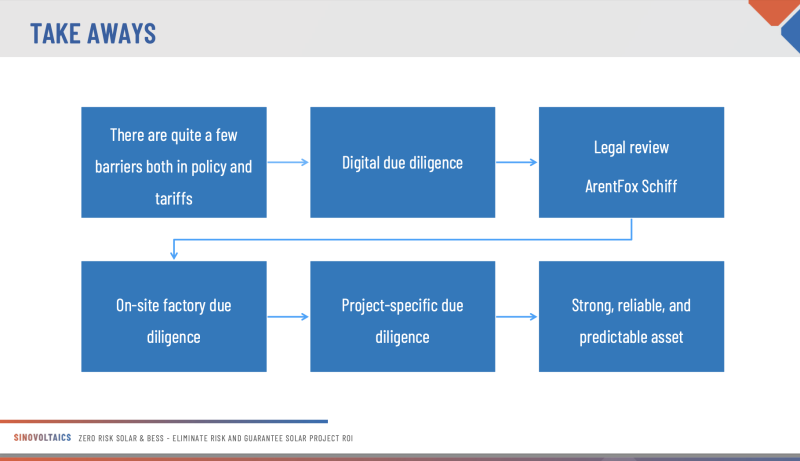 Figure 5: Practical Guidance from Rylan Gordon
Figure 5: Practical Guidance from Rylan Gordon
Rylan Gordon wrapped up the presentations by emphasizing the importance of thoughtful contracts and due diligence when navigating import compliance. He outlined a three-tier approach to supply chain scrutiny:
Desktop Due Diligence
Conducting initial research to identify potential risks in the supply chain. This involves reviewing reports and databases to ensure suppliers are not linked to forced labor or other compliance issues. Contract review and optimization are an important step in this stage. A strong contract in the early stage will save time and resources later.
On-Site Audit
Strong audits will verify that manufacturers have the necessary standards and documentation in place. This step includes visiting manufacturing sites to assess their practices and ensure compliance with regulations. It is always wise to have the full truth about any potential partners your company is conserving working with.
Production Monitoring
Ensuring transparency and compliance during the manufacturing process. This involves having representatives on the ground during production to verify that materials and processes meet the required standards. Your company should have full access to all data and happenings surrounding the product that you are paying for, anything less than that is unacceptable.
Conclusion
Considering the importance of a comprehensive overview of the rapidly evolving import compliance landscape in the solar supply chain, the helpful insights shared by Angela Santos, James Kim, and Rylan Gordon are invaluable for companies navigating the complexities of trade regulations and striving to maintain compliance in a rapidly changing environment. By staying informed and proactive, companies can better manage risks and capitalize on opportunities in the global solar market.
Feel free to reach out to us to explore how our expertise in traceability audits for PV and BESS components can streamline your projects and ensure compliance. Our inspections contribute to ensuring the integrity of the solar energy supply chain by detecting and resolving defects before shipment. Sinovoltaics also performs independent ESG audits for solar suppliers across all components of the PV supply chain.

